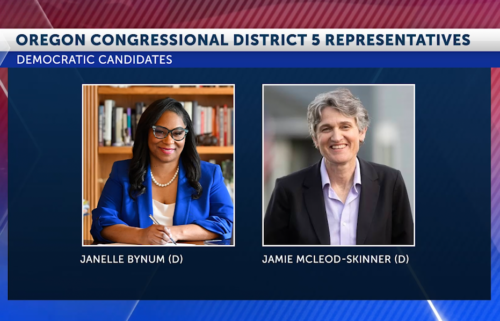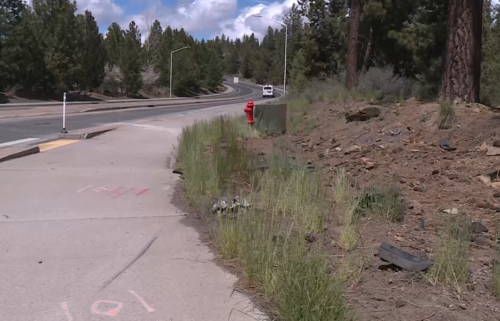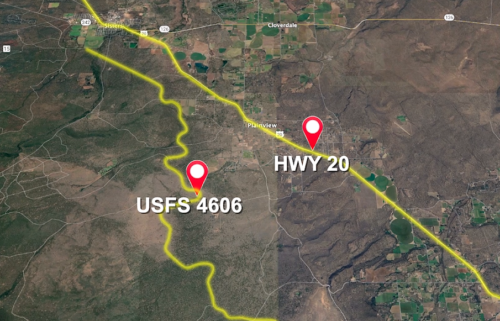New videos aim to boost understanding, safety among boaters

Over the last decade, the US Coast Guard, Oregon State Marine Board and recreational boaters not just in Oregon but nationwide have identified an increasing need for boating education regarding multi-use waterways.
Due to the growth in popularity of paddle sports, there’s been a corresponding increase in conflicts between user groups, often leading to petitions to restrict boat operations for one user over another. That’s why the American Canoe Association and the Marine Board partnered through a grant from the US Coast Guard to create educational videos to help boaters understand the varying needs each user group has and to help stave off costly accidents, injury or even fatalities.
“Several factors have been identified and no user group is solely to blame as we all have a responsibility to become educated and follow the rules and laws that govern multi-use waterways,” said Marcel Bieg, the ACA’s Western states outreach director and grant manager, who spearheaded the video project.
In 2018, the ACA wrote a grant looking specifically at what paddlers needed to know about paddling in multi-use waterways and with coordination with the Marine Board on content, messaging and logistics, developed a three-episode web TV series to help get this important information out to paddlers.
Each episode is packed with “must-know” information in an easily digestible format. The series was filmed in several locations around the country, with the bulk of the content being filmed at Lake Billy Chinook, at Cove Palisades State Park in Central Oregon.
“The best way to encourage safe boating and sharing the waterways is having different user groups come together to find common ground and collaborate,” said Ashley Massey, public information officer for the Marine Board.
“These videos are the culmination of lots of boaters’ feedback and how to improve mixed-use interactions and etiquette and following established rules.” Massey added, “Education goes a long way to improve safety –and understanding, for everyone.”
The three video series can be found on PaddleTV via YouTube, among other videos geared to a wide variety of users, skill levels and paddlecraft.
Paddling Etiquette around Boat Ramps
Powerboats or sailboats need ramps or designated areas for launching and landing. Paddlers, on the other hand, have the luxury of being able to put in and take out on beaches, banks or almost anywhere that the shoreline is accessible by foot. This doesn’t mean that boat ramps are off-limits to paddlers, but it does mean that paddlers should be considerate of bigger boats. In this video, we’re looking at ways to accomplish that.
Essential Gear All Paddlers Need to Carry on the Water
It’s important to understand that paddle craft are considered a boat, and as such, paddlers are required to carry certain items by law. In this video, we break down what you must carry with you when you’re out on the water, whether you’re in a canoe, kayak or stand up paddleboard (SUP).
What to Know about Paddling with Boat Traffic in Multi-Use Waterways
Just as vehicles have roads and rules that dictate the way they travel overland, the flow of boat traffic is also directed similarly by navigation “rules of the road,” both federal and local. For paddlers using multi-use waterways, it’s important to understand these rules so everyone can have a safe and enjoyable time on the water. In this video, we’re taking a quick look at those rules.
“With more and more people recreating on Oregon’s waterways, it’s important that everyone recognize their own skill levels, practice the basic rules of the road, and taking ownership of their own safety,” Massey adds. “When one user group can empathize with the needs of another through shared responsibility, everyone can have a safe and enjoyable time on the water.”
The Marine Board is directly funded by boaters in the form of registration, title, and permit fees, as well as through marine fuel taxes. No lottery, general fund tax dollars or local facility parking fees support the agency or its programs. Boater-paid fees support the boating public through boating safety services (on-the-water law enforcement, training, and equipment), boating safety education, grants for the construction and maintenance of boating access facilities, and environmental protection programs. For more information about the Marine Board and its programs, visit www.boatoregon.com.



